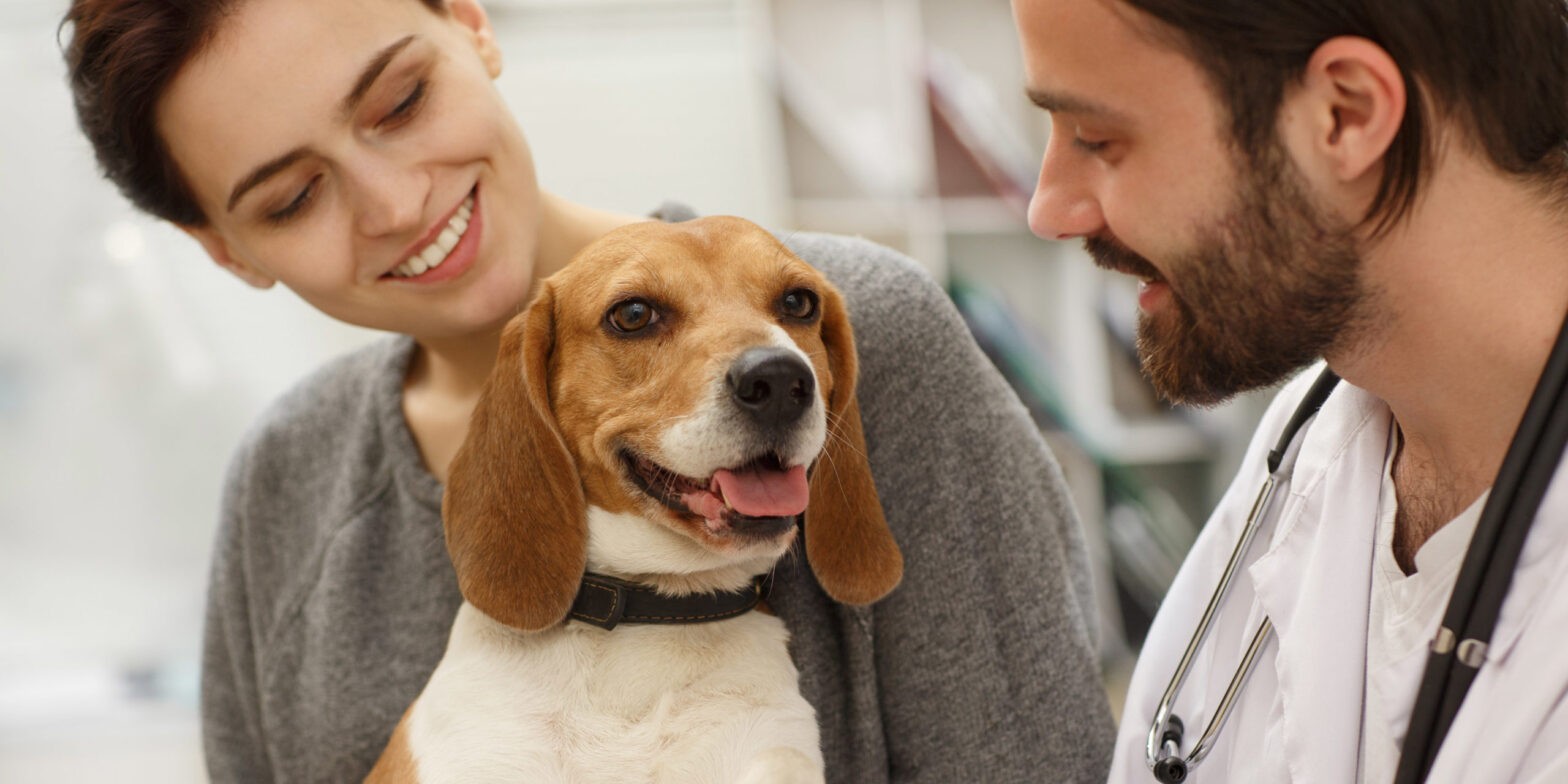We want to make every single visit to our clinic a positive experience for you, your pet, and our veterinary care team. Today, we want to share ten tips directly from the American Veterinary Medical Association on making your next veterinary visit a great one.
The American Veterinary Medical Association (AVMA), established in 1863, is a not-for-profit association representing more than 89,000 veterinarians working in private and corporate practice, government, industry, academia, and uniformed services. Structured to work for its members, the AVMA acts as a collective voice for its membership and for the profession.
- Accustom your pet to its carrier and to traveling in the car.
- If your veterinarian doesn’t already have your pet’s medical record on file, bring it with you or have your previous veterinary team send or fax the records – or, at a minimum, bring your own notes on your pet’s health and medical history. Don’t send your pet with a person who doesn’t have the information the vet will need to help your pet – or if you have to do this, thoroughly document your pet’s current condition on paper and make sure you’re available by phone to answer questions that may come up.
- Arrive on time or a few minutes early for your appointment.
- Unless your children can sit quietly without distracting you or interfering with your veterinary team’s ability to examine or treat your pet or talk to you about your pet, consider leaving your children with a babysitter while you take your pet to the veterinarian.
- Turn your cell phone off while you are in the exam room.
- Know what medications your pet is receiving (including supplements), as well as how much, how often and how long it is given, and/or bring them with you.
- Share your observations and concerns with your veterinarian – after all, you know your pet better than anyone else does.
- Ask questions. Ask until you understand.
- Ask for handouts, brochures, or even reputable online sources of information about your pet’s condition.
- Follow your veterinarian’s recommendations. They’re given for one very important reason – to keep your pet healthy.


